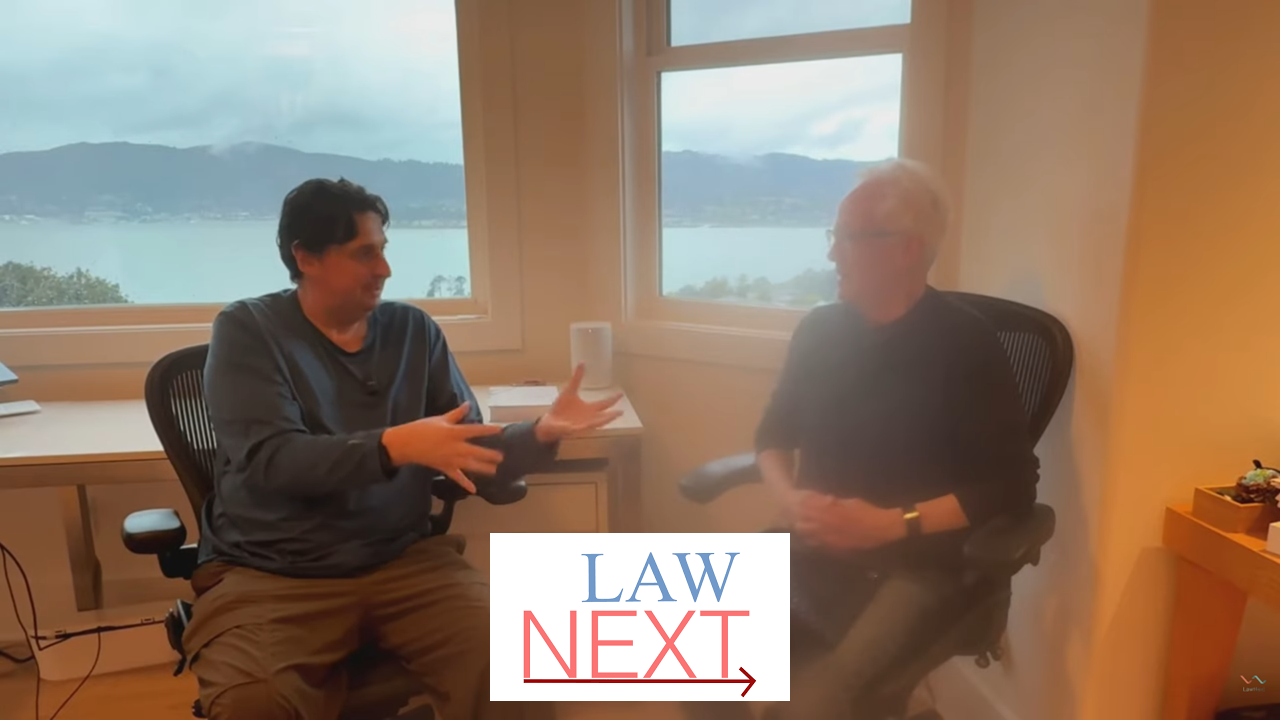Key takeaways
A tax lien is the IRS’s legal claim against your property for unpaid taxes, while a tax levy is the actual seizure of assets to satisfy a debt.
Tax liens can affect credit, property sales, and refinancing, but do not immediately remove assets.
Tax levies can seize bank accounts, wages, Social Security payments, and personal property if taxes remain unpaid.
IRS procedures require notices and a 30-day response window before a levy, giving taxpayers opportunities to resolve the debt.
Relief options for liens include withdrawal, subordination, or discharge of property, while levies can be stopped through payment, installment agreements, hardship status, OICs, or appeals.
Acting quickly, responding to IRS notices, and seeking professional guidance can prevent liens from escalating to levies and protect financial stability.
Falling behind on your taxes can lead to serious consequences, but few IRS collection actions create more confusion, or fear, than tax liens and tax levies. Although the two terms sound similar, they represent very different stages in the IRS collection process. A tax lien is the government’s legal claim to your property as security for unpaid taxes. A tax levy, on the other hand, is when the IRS actually seizes your property to satisfy that debt.
Understanding the difference between a tax levy and a tax lien is crucial. Each has unique implications for your finances, your property, and your credit. Knowing what to expect, and how to respond, can help you protect your assets and resolve your tax situation before it escalates.
What Is a Tax Lien?
A tax lien is the government’s formal way of securing its interest in your property when you fail to pay taxes. It doesn’t mean the IRS takes your property right away. Rather, it ensures that if you sell, refinance, or transfer assets, the IRS has a legal right to be paid first.
How a Federal Tax Lien Arises
A federal tax lien is automatically triggered after the following steps:
Tax assessment: The IRS records the amount you owe.
Notice and Demand for Payment: The IRS sends you a bill outlining your tax liability, including penalties and interest.
Failure to pay: If you do not pay in full or arrange a payment plan, the lien arises.
Once the lien exists, the IRS may file a Notice of Federal Tax Lien (NFTL) in the public records of your county or state. This filing alerts creditors that the government has a legal claim to your property.
For example, if you owe $15,000 in back taxes and own a home, the IRS can record a lien in your county, ensuring that any future sale or refinance acknowledges the government’s claim before other debts are paid.
How a Tax Lien Affects You
A tax lien can have significant ripple effects across your financial life. It can make it difficult to sell or refinance your home, obtain loans, or secure new lines of credit. Even though tax liens are no longer reported directly to consumer credit bureaus, lenders often check public records and may hesitate to extend financing when they see a federal lien.
A lien also affects your position among other creditors. If you default on a debt or file for bankruptcy, the IRS’s claim generally takes priority over most others. This can create complications when negotiating with lenders or trying to protect your property from seizure.
Avoiding or Removing a Tax Lien
The best way to avoid a tax lien is to pay your taxes in full or enter a payment agreement before the IRS files one. Once a lien is filed, paying your balance will result in a release, usually within 30 days. In some cases, you can also seek additional relief through withdrawal, subordination, or discharge of property.
Withdrawal
A withdrawal removes the Notice of Federal Tax Lien from public records, helping you secure financing by removing this public notice. It doesn’t erase your debt, but signals that the IRS no longer maintains a public claim.
Subordination
Subordination lets another creditor move ahead of the IRS’s claim, often to allow refinancing or loan approval. The IRS may approve this if it helps you pay your tax debt faster.
Discharge of Property
A discharge removes the lien from a specific property, so you can sell or transfer it, usually to pay off part of your tax debt. The lien remains on your other assets until the debt is fully resolved.
What Is a Tax Levy?
While a lien is a claim, a tax levy is an action. A tax levy is the IRS’s legal authority to take your property or assets to satisfy your unpaid tax debt. If the lien is the warning sign, the levy is the consequence of not addressing it.
How a Levy Works
Unlike a lien, which is only a claim, a levy is an actual collection action. The IRS can seize:
Bank accounts: Funds are withdrawn directly from your account.
Wages: Employers are required to withhold part of your paycheck and remit it to the IRS.
Social Security or federal payments: Federal benefits may be offset to satisfy your tax debt.
Physical property: Vehicles, boats, real estate, or other personal assets can be seized and sold.
For example, if you ignore repeated IRS notices about a $10,000 balance, the IRS could issue a levy on your bank account. Your bank would then be required to freeze the funds for 21 days before sending them to the IRS. During this time, you can still try to resolve the issue or request a release; but if you do nothing, the funds are withdrawn to cover your debt.
The IRS can also garnish wages by instructing your employer to withhold a portion of your paycheck each pay period. This continues until your balance is paid, or until the IRS agrees to stop the garnishment.
IRS Requirements Before Issuing a Levy
The IRS must follow a strict legal process before it can seize property. First, it must assess your tax liability and send you a Notice and Demand for Payment. If you fail to pay, the IRS will then issue a Final Notice of Intent to Levy and Notice of Your Right to a Hearing, often known as Letter 1058 or LT11.
Once that notice is sent, you have 30 days to respond. During this window, you can pay the amount owed, enter into a payment agreement, or request a Collection Due Process (CDP) hearing. Requesting a hearing temporarily halts collection activity, giving you an opportunity to present alternative resolutions such as an installment plan, an Offer in Compromise, or hardship relief.
If you take no action within the 30-day period, the IRS can proceed with a levy. That’s why it’s critical to respond to all IRS notices promptly, even if you can’t pay in full.
Stopping or Releasing a Tax Levy
An IRS levy can be stressful, but several relief options can stop or release it quickly. Acting fast is essential; the sooner you respond, the more control you retain over your finances.
Full Payment or Installment Agreement
Paying your full balance immediately releases the levy. If full payment isn’t possible, setting up an Installment Agreement can pause or lift the levy once approved.
Financial Hardship or Currently Not Collectible (CNC) Status
If the levy prevents you from meeting basic living expenses, you can request a release for financial hardship. The IRS may classify your account as CNC, temporarily halting collection activity.
Offer in Compromise (OIC)
An Offer in Compromise allows you to settle your tax debt for less than the full amount owed. While your offer is under review, the IRS generally suspends levy actions.
Appeal or Collection Due Process (CDP) Hearing
If you believe the levy was issued in error or before considering other options, you can request a CDP hearing. Filing within the 30-day window pauses collection until the hearing is resolved.
Tax Lien vs Tax Levy: How They Compare
Liens and levies are part of the same collection system but represent very different steps in the process. A lien protects the government’s interest, while a levy enforces that interest through seizure. The table below illustrates the key distinctions.
In short, a tax lien warns creditors, while a tax levy takes action. The lien shows that the IRS is protecting its claim; the levy shows that the IRS is collecting on it.
Preventing Liens and Levies Before They Happen
Preventing these actions is far easier, and far less disruptive, than trying to undo them. The best defense is proactive communication and compliance.
Filing and paying taxes on time is the most direct way to avoid collection actions. Even if you can’t pay the full balance, filing your return on time limits penalties and demonstrates cooperation. Responding quickly to IRS notices is equally important; many taxpayers face liens or levies simply because they ignored early letters that offered simpler resolution options.
Setting up a payment plan as soon as you receive a balance-due notice can prevent the IRS from filing a lien or levy altogether. The IRS is more lenient with taxpayers who reach out early to make arrangements than those who remain unresponsive.
For complex or large debts, consider consulting a tax professional. Enrolled agents, CPAs, and tax attorneys can represent you before the IRS, negotiate settlements, and identify opportunities for relief such as penalty abatement or Offer in Compromise programs. Professional representation can also help ensure your rights are protected throughout the process.
A Real-World Example: From Lien to Levy
Consider Mark, a self-employed contractor who owes $25,000 in back taxes. After several notices, the IRS files a Notice of Federal Tax Lien, making it public record. Mark still doesn’t respond, believing the situation will resolve itself. Months later, the IRS sends a Final Notice of Intent to Levy. Thirty days pass with no action, and the IRS levies his bank account, freezing his funds and withdrawing several thousand dollars.
Had Mark responded when the lien was filed, or better yet, before it, he could have entered a payment plan, avoided the levy, and maintained control over his finances. His situation illustrates how quickly a lien can evolve into a levy when taxpayers fail to act.
A tax lien and a tax levy are powerful IRS tools, but they represent different points in the collection timeline. A lien secures the government’s claim on your property, while a levy enforces that claim through actual seizure. Both can have serious financial repercussions, from damaged credit and restricted property rights to wage garnishment and asset loss. The good news is that neither action happens overnight. The IRS must provide notice and give you multiple opportunities to resolve your debt.
Frequently Asked Questing: Liens vs. Levy
How long before a tax lien becomes a levy? A tax lien does not automatically become a levy. The IRS typically issues a levy only after sending notices and giving you 30 days to respond or arrange payment, so the timeline can range from a few weeks to several months depending on your response and the amount owed.
What comes first, a lien or levy? A tax lien always comes first, as it establishes the IRS’s legal claim to your property. A levy follows only if the debt remains unpaid after notices and warnings.
How do you know if you have a tax levy? You will receive a Final Notice of Intent to Levy (Letter 1058 or LT11) from the IRS. Additionally, your bank or employer may notify you if funds or wages are being withheld.
What triggers an IRS levy? An IRS levy is triggered when you fail to pay assessed taxes after receiving a Notice and Demand for Payment and ignoring the IRS’s 30-day warning to resolve the debt or request a hearing.
Tax Help for People Who Owe
Staying informed, responding promptly to correspondence, and exploring payment or settlement options, you can prevent liens and levies from upending your financial life. If you already face a lien or levy, taking immediate action, whether contacting the IRS directly or seeking professional tax help, can stop further enforcement and put you back on the path toward financial stability. Optima Tax Relief is the nation’s leading tax resolution firm with over a decade of experience helping taxpayers.
If You Need Tax Help, Contact Us Today for a Free Consultation




























